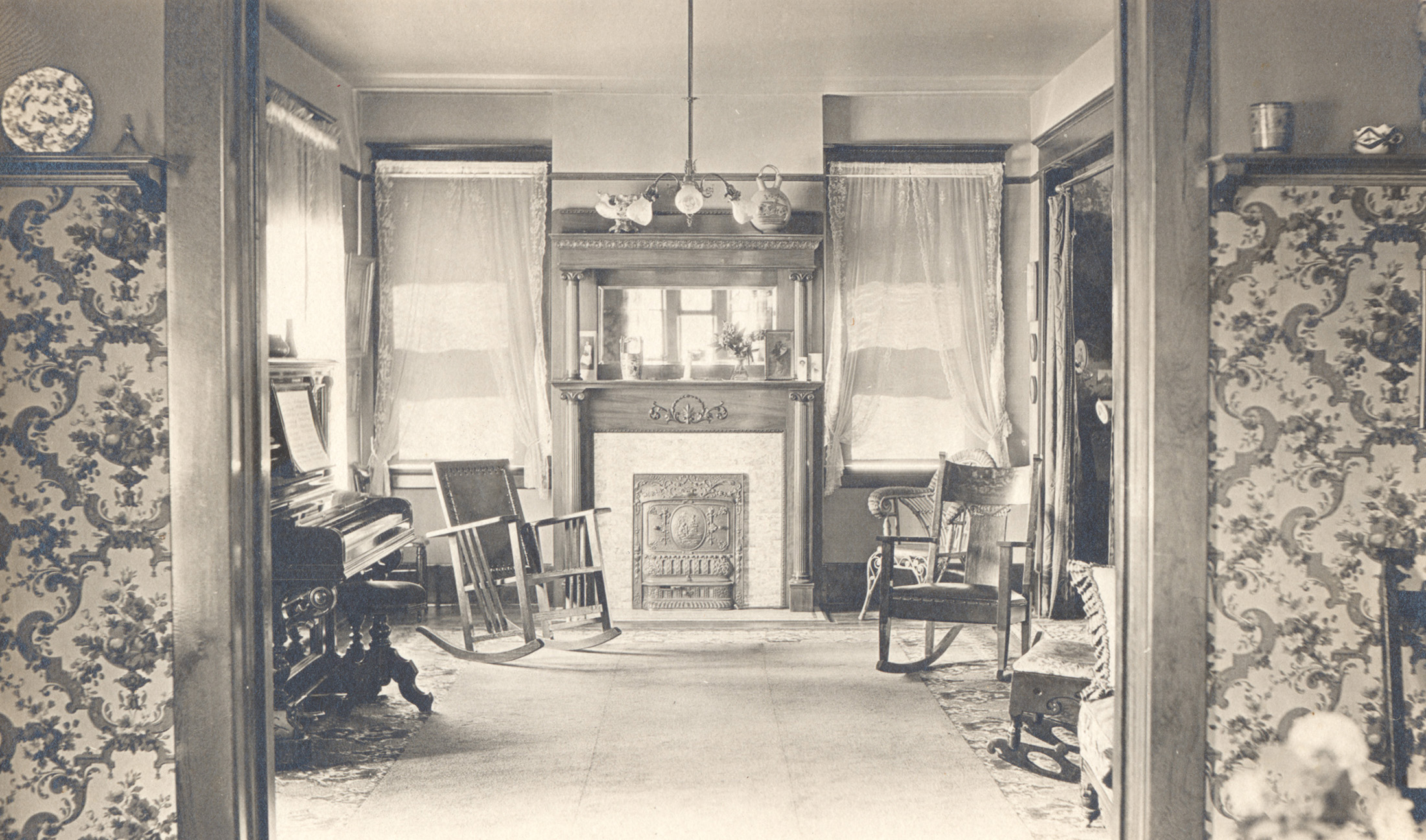F.H.A. Loans Skyrocket in Popularity
From this weekend’s Times real estate section: “Loans insured by the F.H.A., an arm of HUD, protect lenders from losses, thereby encouraging them to provide financing to those who might otherwise be refused a mortgage. These loans are typically 30-year fixed-rate products, but they require only a small down payment, as low as 3.5 percent…

 From this weekend’s Times real estate section: “Loans insured by the F.H.A., an arm of HUD, protect lenders from losses, thereby encouraging them to provide financing to those who might otherwise be refused a mortgage. These loans are typically 30-year fixed-rate products, but they require only a small down payment, as low as 3.5 percent — significantly less than the 20 percent standard of recent months. Often, the loans are made to people who don’t have perfect credit scores.” The article says the loans now account for a quarter of all mortgages, up from 2 percent only 3 years ago. Although they often serve borrowers with less-than-stellar credit, they’re considered solid because people receiving them must have verifiable income and jobs. The loans cap out at $729,750 here in New York, and condo developers who want to offer them have to “meet a variety of financial, structural and environmental standards and restrictions.” As we covered a couple weeks ago, an East Williamsburg condo that offers F.H.A. loans is seeing brisk sales.
From this weekend’s Times real estate section: “Loans insured by the F.H.A., an arm of HUD, protect lenders from losses, thereby encouraging them to provide financing to those who might otherwise be refused a mortgage. These loans are typically 30-year fixed-rate products, but they require only a small down payment, as low as 3.5 percent — significantly less than the 20 percent standard of recent months. Often, the loans are made to people who don’t have perfect credit scores.” The article says the loans now account for a quarter of all mortgages, up from 2 percent only 3 years ago. Although they often serve borrowers with less-than-stellar credit, they’re considered solid because people receiving them must have verifiable income and jobs. The loans cap out at $729,750 here in New York, and condo developers who want to offer them have to “meet a variety of financial, structural and environmental standards and restrictions.” As we covered a couple weeks ago, an East Williamsburg condo that offers F.H.A. loans is seeing brisk sales.
F.H.A. Loans Help Sales [NY Times]
Nondescript East W’burg Condos Defying the Market [Brownstoner]
On the Other Hand: Chase Pushing FHA Loans [Brownstoner]





very nice explanation northslope!
pete, FHA has been around for many years but it was 2-3% of mortgages not 25%. That’s where the problem is.
UnrealEstate,
Part of the reason NYC is crazy expensive is because government programs like these drive up prices of homes.
Every time the government helps someone buy a home they could not otherwise afford (i.e., they cannot make a 20% down payment and qualify for a traditional mortgage), it adds a buyer to the housing market.
Every time you add a buyer to the housing market, you drive up prices (or prevent prices from falling as much as they would have).
So, what happens over and over and over again are stories like this:
Seller A wants to sell his house for $500K.
Buyer B has 100K saved for a down payment and good credit, but he thinks that $500K is too much money for this house. He offers $450K.
Buyer C wants to buy the house and doesn’t care what it costs cause it is a nice house. Unfortunately, Buyer C cannot qualify for the mortgage and only has $25K for a down payment.
Banker D looks at Buyer B and says “sorry, I’m not loaning you $475K to buy a $500K property”. Banker D looks at Buyer A and says “sure, I’ll loan you $350K for a $450K property”.
Now, what should happen here, is Seller A should lower his price until Buyer B is willing to buy his house. Buyer C should go on saving money until he has a bigger down payment or buy a cheaper property.
But, what happens instead is the Government tells Banker D, “go give Buyer C that loan, and the Taxpayers will pay it off if Buyer C defaults”.
Banker D says, “Sure thing Uncle Sam!” Loans 475K to Buyer C, books a nice profit, gives himself a nice bonus, and sleeps easy at night knowing that the taxpayer is going to suffer if he made a bad choice.
Buyer C then goes to Seller A and buys the house. Seller A happily sells to him for $500K and laughs at Buyer B saying “buy now or be priced out forever! hahahahahaha!”
So, Seller A is happy, Buyer C is happy, Banker D is happy, the taxpayer is taking all of the risk, and Buyer B is punished for trying to be financially responsible.
I’m sure this is not what the people who created the government plan intended to have happen, but this is how it seems to be working.
Now, if these types of loans are 2-3% of the marketplace, then they really don’t have much of an impact on Buyer B. But when they are 25% of the marketplace, then even if Buyer C never misses a mortgage payment, Buyer B is still losing in this scenario.
Oh, and Buyer C is losing too, because if there weren’t a whole bunch of buyers like him in the market, prices would come down.
and hasn’t FHA been around for 70 years and don’t they have a lower foreclosure rate than other mortgages?
WHy not just jump to conclusions like typical brownstoner commenter reactions based on little than cursory information?
Another POV; am I wrong in thinking that, while FHA might apply to those with less than stellar credit, doesn’t it also benefit those who are first time buyers when the steep cost of entry for places like NYC is cost prohibitive? That’s sort of my personal experience. We’re looking to buy, have pretty good credit (700+) and a little in the bank, but when you’re looking at ~$400K just to get into something, and you’re trying to come up with the savings for that while also dropping $2K+ a month on rent, that saving process can be a slow go for those on a modest salary. I’d hate to think we’re lumped in with the “disaster waiting to happen” people simply b/c we don’t make tons of cash and NYC just happens to be crazy expensive.
norhtslope, I am with you on this one. Disaster waiting to happen.
The 3.5% down is correct and if you have that, then contact the EOHC, http://WWW.EOHC.US . They can broker and FHA purchase for you.
“The article says the loans now account for a quarter of all mortgages, up from 2 percent only 3 years ago.”
That’s a rather disturbing statistic. Sounds like subprime all over again, only this time we taxpayers are agreeing in advance to cover the banks losses.
And am I the only person who thinks the caps on government sponsored loans for people “who might otherwise be refused a mortgage” should be much much lower than 729k (esp. with 3.5% down!)?
I’d like to be a “fly on the wall” during rob’s co-op board interview!!! 🙂
Aren’t these the type of things that got us into this mortgage mess in the first place? I think that’s just prolonging defaults and foreclosers is all it is.
Rob, for a 400K condo in willyburg you’ll still need 14,000 down (3.5%) plus closing fees which can be about 5-7K. If you have that kind of money in savings, you might as well just buy a cheaper co-op and pay way less.